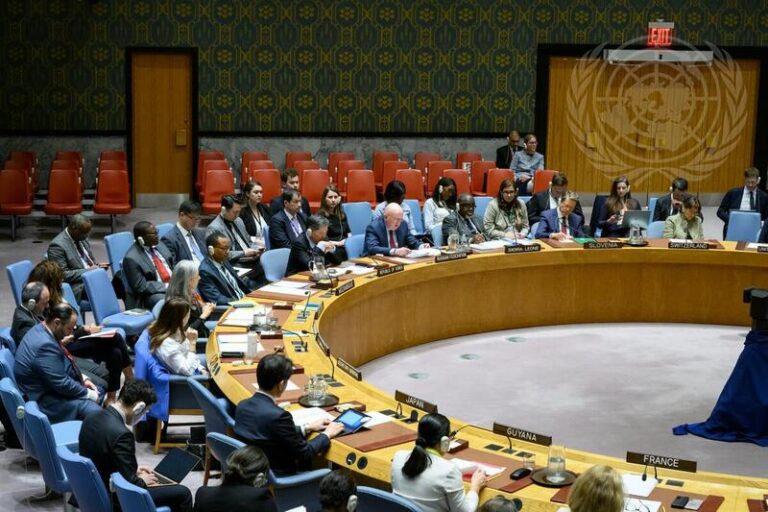The United States has announced its support for the establishment of two permanent United Nations Security Council (UNSC) seats for African states and a rotating one for small island developing states.
The announcement, made by US Ambassador to the UN, Linda Thomas-Greenfield, signals a significant move in the ongoing discussions surrounding the reform of the UN system, particularly as it pertains to representation for developing nations.
According to reports monitored here on Friday, Thomas-Greenfield expressed hope that the initiative would “move this agenda forward in a way that we can achieve Security Council reform at some point in the future.”
She said the reform would align with President Joe Biden’s broader legacy goals, particularly in light of the need to strengthen US ties with Africa amidst growing discontent over Washington’s foreign policy, particularly regarding its support for Israel during the ongoing conflict in Gaza.
The push for African representation in the UNSC is not new.
Developing nations, particularly from Africa, have long advocated for permanent seats in the Security Council, which currently consists of five permanent members – Russia, China, France, the US and the United Kingdom – each wielding veto power.
Since the UN’s founding in 1945, the structure of the Security Council has remained largely unchanged, despite the global landscape evolving significantly over the decades.
The last expansion occurred in 1965, increasing the council’s membership to 15, including 10 non-permanent members.
Calls for reform have intensified over the past decade, with numerous discussions held in the UN General Assembly regarding the need for a more representative body.
However, progress has been slow and previous efforts to amend the UN Charter –necessary for any changes in Security Council membership – have stalled, largely due to opposition from current permanent members.
Critics say the latest US move may be part of a broader strategy to re-establish favour among African nations.
In recent years, both China and Russia have made significant inroads into Africa, engaging in resource-rich partnerships and increasing their influence on the continent.
The US’s renewed commitment to supporting African representation at the UNSC could be seen as an attempt to counteract this growing influence and reassert its presence in a region that is critical for global stability and resource management.
JN/APA


